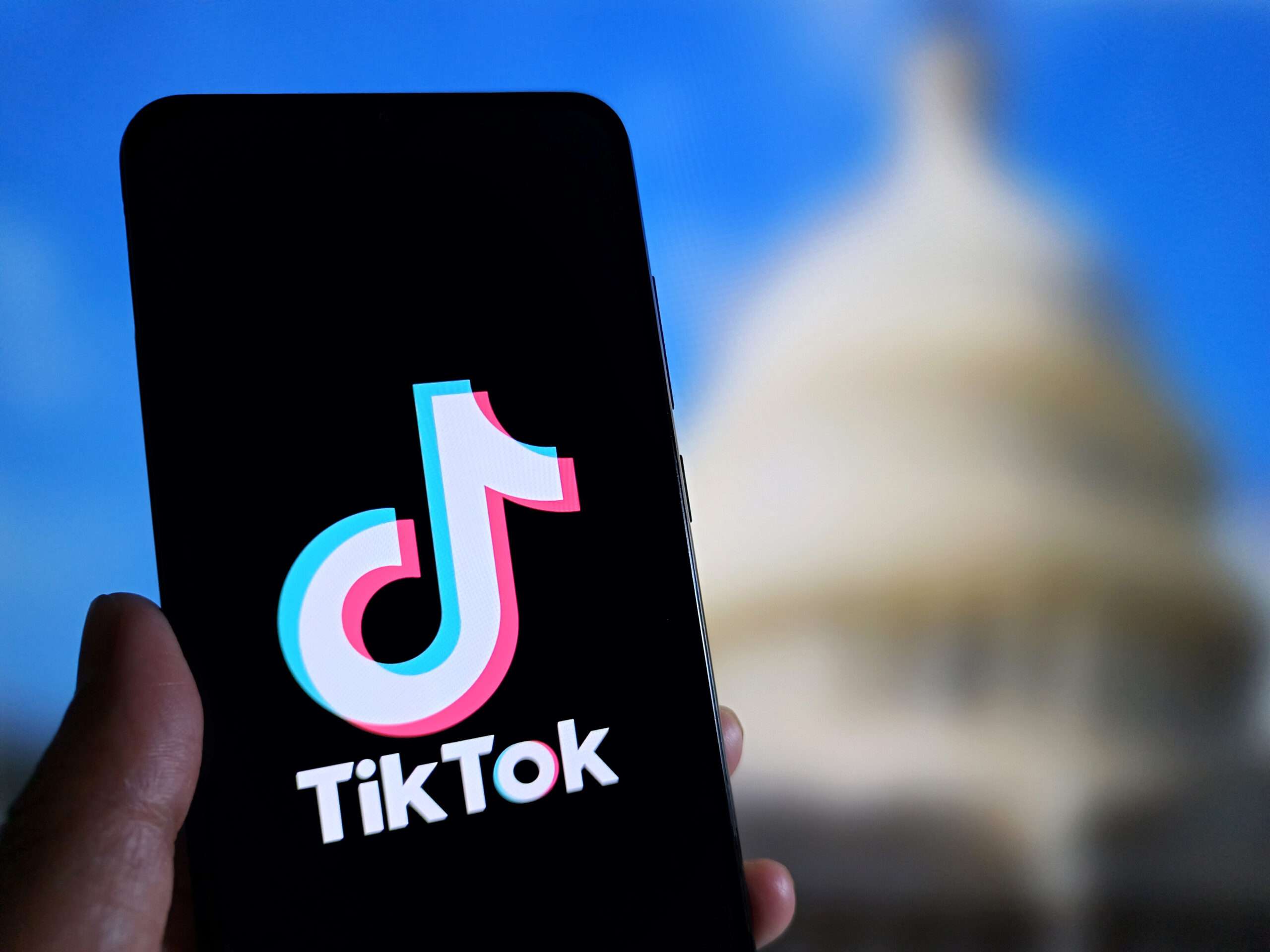D.C. Circuit Court Prioritizes National Security Over First Amendment Rights in TikTok Ban Affirmation.
The U.S. Court of Appeals for the D.C. Circuit has upheld a law that effectively bans TikTok, the immensely popular social media platform owned by the Chinese company ByteDance, unless it is sold to an American entity. This decision underscores escalating anxieties surrounding national security and the potential influence of foreign governments on digital platforms, particularly those originating from nations deemed adversarial to the United States. The ruling marks a significant moment in the ongoing debate over the balance between national security concerns and First Amendment rights, raising questions about the extent to which the government can regulate online speech and compel the divestiture of foreign-owned businesses.
The controversy stems from long-standing bipartisan concerns that TikTok’s Chinese ownership could expose user data to the Chinese government or allow for manipulation of algorithms to disseminate propaganda. These concerns arise from the extensive control the People’s Republic of China (PRC) exerts over companies operating within its borders. Lawmakers have argued that Beijing could compel ByteDance to compromise user data or manipulate content to favor the Chinese Communist Party, although concrete evidence to support these claims has yet to be publicly presented. While some classified information has been alluded to, the lack of transparency fuels skepticism regarding the severity of the purported threat.
The legal battle began with the Protecting Americans from Foreign Adversary Controlled Applications Act, signed by President Biden. This legislation specifically targets TikTok and ByteDance, prohibiting the operation of “foreign adversary controlled applications” within the U.S. The broad definition of “controlled” encompasses not only companies wholly owned by foreign adversaries but also those in which citizens of such nations hold a 20% or greater stake. This effectively forces TikTok to either divest itself to an American company by January 19, 2025, or face a nationwide ban. TikTok and ByteDance challenged the law, arguing that it constitutes an unprecedented and unconstitutional restriction on speech, subject to strict scrutiny due to its potential infringement on First Amendment rights. They asserted that the law represented a content- and viewpoint-based restriction, amounting to an unlawful prior restraint.
The appeals court, however, sided with the government, concluding that the law survives constitutional scrutiny. The court found the government’s justifications compelling and argued that the law’s narrow tailoring – focusing solely on foreign adversary control and arising from extensive bipartisan congressional action – satisfied the requirements of strict scrutiny, even acknowledging the high level of scrutiny required for restrictions on speech. The court accepted the government’s assertion that the law was a necessary response to a “well-substantiated national security threat” posed by the PRC, despite the lack of publicly available evidence substantiating this threat. The judges dismissed TikTok’s arguments that the government’s concerns about content manipulation were speculative and based on factual errors.
The court acknowledged the government’s admission of lacking specific intelligence proving past or present coercion of TikTok by the PRC to manipulate content in the U.S. However, the court accepted the government’s assertions of ByteDance and TikTok Global’s documented history of manipulating content on their platforms, including at the direction of the PRC, even though these instances occurred outside of the United States. The court’s reasoning hinged on the potential for future manipulation, suggesting the government’s lack of evidence might simply reflect limitations in monitoring capabilities. The judges accepted the government’s prediction that TikTok would likely comply with PRC requests for content manipulation within the United States.
This ruling sets a potentially troubling precedent for future regulation of online platforms. The court’s acceptance of speculative justifications and the lack of publicly available evidence to support the claimed national security threat raises concerns about the chilling effect on free speech. The decision empowers the government to compel the divestiture of foreign-owned businesses based on hypothetical future risks, potentially impacting not only the digital landscape but also international trade and investment. The lack of concrete evidence and the reliance on speculative arguments weakens the foundation of this decision, potentially paving the way for future restrictions on speech and economic activity under the guise of national security. The broad implications of this ruling warrant careful consideration and further legal scrutiny, as it represents a significant shift in the balance between national security concerns and fundamental constitutional rights.
Share this content:












Post Comment